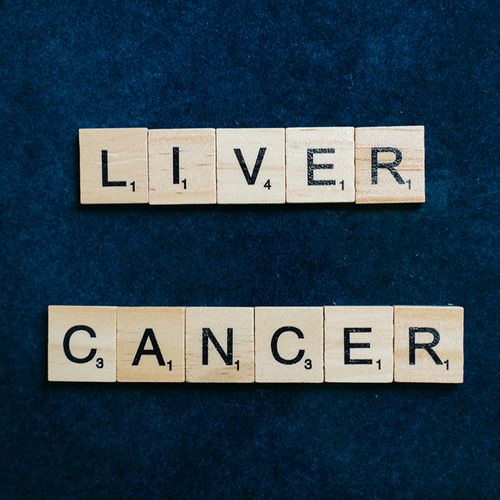For the many Americans diagnosed with inoperable lung or liver cancer each year, two new techniques may offer hope for longer survival, according to a pair of studies.
The First Study: Lung Cancer
An Italian research team used radiofrequency ablation, in which a heated needle is inserted through the chest wall directly into the tumor site, to effectively "cook" the malignancy. The technique was performed on 106 patients who had a total of 186 malignant, inoperable tumors measuring 3.5 centimeters in diameter or smaller.
Researchers report the minimally invasive heated probe was successful in eradicating inoperable tumors in 93% of the cases.
Of the patients enrolled in the study, 91% were still alive two years after the intervention, the researchers report.
Further, complications linked to the procedure were minimal and easily managed.
Implications
That technique "is creating a new chapter in oncology," says Dr. Riccardo Lencioni, lead researcher and professor of diagnostic and interventional radiology at the University of Pisa located in Italy.
He stresses that surgery must still be the first option for lung cancer patients whenever it is feasible.
However, because of late detection and/or poor cardiovascular health, surgery is often out of the question for many patients, he says.
According to Lencioni, the best candidates for radiofrequency ablation are patients with early-stage, limited disease. Whether radiofrequency ablation could be used to also treat patients with more advanced tumors is not defined yet."
Lencioni says the value of radiofrequency ablation against other cancers was less known, but he did say "the treatment has been shown to be successful in treating tumors in the liver."
He says the treatment is beginning to catch on in the United States, especially at large teaching hospitals, but "many more doctors need to be trained to have the procedure widely available.
The Second Study: Liver Cancer
According to the American Cancer Society, approximately 22,000 cases of primary liver cancer originate within the organ itself, but up to 100,000 Americans each year develop secondary, metastatic tumors in their livers after battling cancer in other parts of their bodies.
More often than not, detection comes too late for surgery, says Dr. Jeff Geschwind, a researcher at Johns Hopkins University School of Medicine.
For these patients, systemic chemotherapy with its often painful side effects—is the only treatment available. "A lot of these patients present with far-advanced disease and they have no other options," Geschwind says.
His team of researchers hopes to change that scenario, however.
Geschwind's study looked at 149 liver cancer patients who had inoperable tumors. They were treated with a new technique called chemoembolization
"This involves the delivery of highly concentrated chemotherapy suspended in an oily medium," Geschwind explains.
At the same time, doctors used tiny microspheres as obstructing agents to temporarily prevent the tumor from getting its full blood supply.
"In our data, we've shown an extended mean survival of about six years, when, otherwise, patients usually only survive without treatment for maybe one year, at most," according to Geschwind.
Because it is so localized, chemoembolization is also much easier on patients than systemic chemotherapy, which affects tissues throughout the body. "We really have the ability to target the tumor while preserving healthy tissue," he says.
Technique Available, But Not Usual Treatment
The technology is currently available at most academic medical centers throughout the United States.
“Unfortunately, many patients and many primary care physicians don't yet know about the success of this therapy," Geschwind says. "I'm not saying it's a cure for liver cancer, but when you see the results in terms of prolongation of life, it's quite significant."
"I think we're on the cusp of something even bigger," he adds, “because now we have at our disposal new drugs that can be even more cancer-specific."
